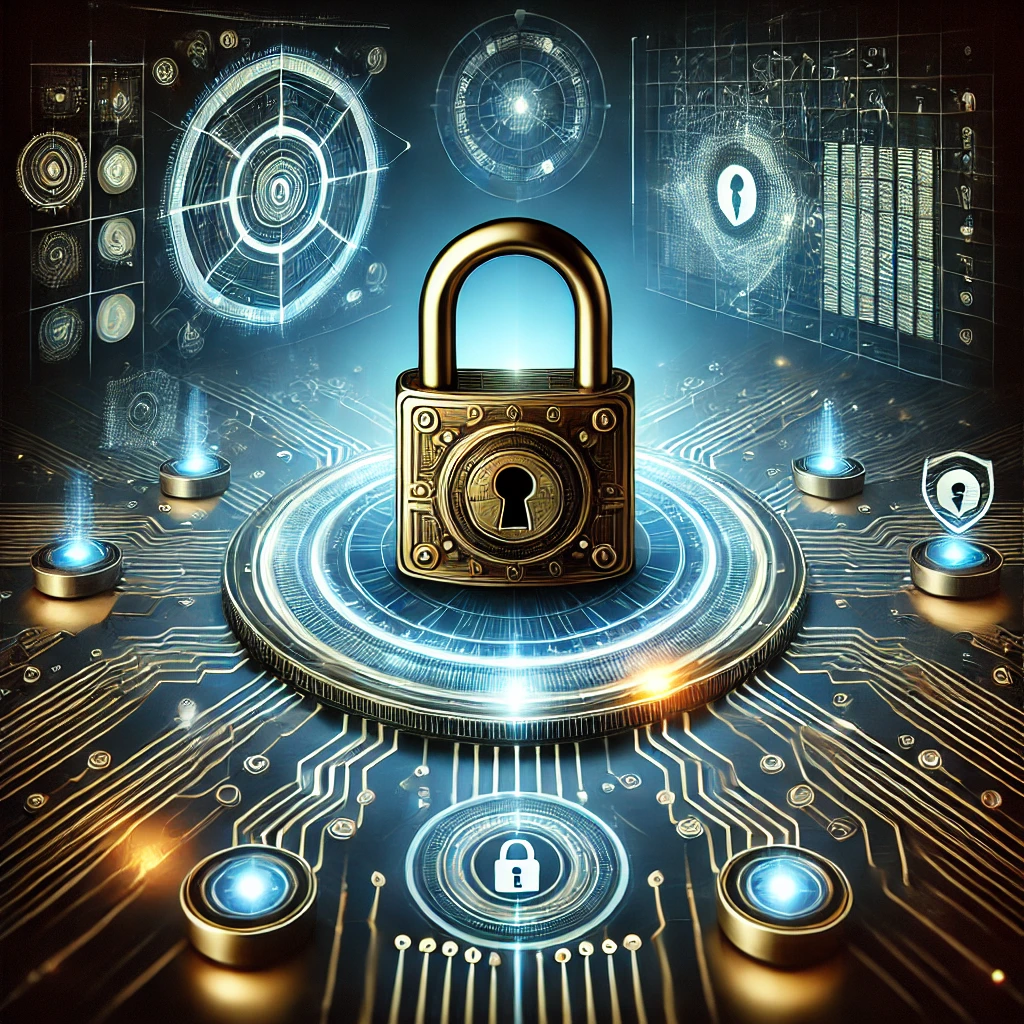The Importance of Cyber Security: Protecting Your Digital World
Introduction
In today’s digital age, cyber security has become a critical concern for individuals, businesses, and governments. With the growing reliance on technology and the internet, cyber threats have grown significantly, making it fundamental to understand and implement effective security measures. This blog investigates the importance of cyber security, common threats, and best practices to stay safe online.
What is cyber security?
Cyber security refers to the practice of protecting systems, networks, and data from cyberattacks. It contains a range of strategies and technologies considered to prevent unauthorized access, data breaches, and malicious attacks.
Why is cyber security important in the digital world?
- Protection of Sensitive Data: Cybersecurity safeguards the safety of personal and financial information, blocking data breaches and identity theft.
- Prevention of Cyber Attacks: Strong security measures help protect against hacking, phishing, and ransomware attacks.
- Safeguarding Businesses: Businesses must have effective cyber security to protect their operations, customer data, and financial assets.
- Compliance with Regulations: Many industries have strict data protection laws, making cyber security a legal requirement.
- Maintaining Trust and Reputation: A cyberattack can harm an organization’s reputation and result in financial losses, all above user trust.
Common Cyber Threats
- Phishing Attacks: Fraudulent emails and messages are common baits that bait users into providing sensitive information.
- Malware: Shady and malicious software like viruses and ransomware can compromise devices and data.
- Data Breaches: Unauthorized access to confidential data can lead to financial and reputational damage.
- Denial-of-Service (DoS) Attacks These attacks overwhelm systems, making them inaccessible to users.
- Password Attacks: The hackers attempt to crack passwords to gain unauthorized access to accounts, which can lead to loss of access.
How to Protect Yourself Online
- Use Strong Passwords: Create unique and complex passwords for different accounts.
- Enable Multi-Factor Authentication (MFA): Adds an extra layer of security to logins. I must say MFA is a must-have.
- Keep Software Updated: Regularly update operating systems and applications to fix security vulnerabilities to avoid any attacks.
- Be Cautious of Phishing Scams: Avoid clicking on suspicious links or attachments.
- Install reliable security software. Use antivirus and anti-malware programs to detect and prevent threats. Malcare is one of the security software.
- Backup Your Data Regularly: Store backups in secure locations to recover in case of an attack. For WordPress-developed website, Backuply is good plugin that can be used free with limited options
- Secure Your Wi-Fi Network Use strong encryption and change default router settings.
Conclusion
Given how linked the globe is today, cyber security is crucial. People and organizations may defend their data and digital assets against cyber threats by being aware of the dangers and putting security best practices into practice. To guarantee a safer online experience, keep yourself educated, exercise caution, and prioritize cyber security.


Your post includes useful information and thought-provoking ideas. Thanks for sharing your knowledge and expertise.
Very nice article, just what I was looking for.